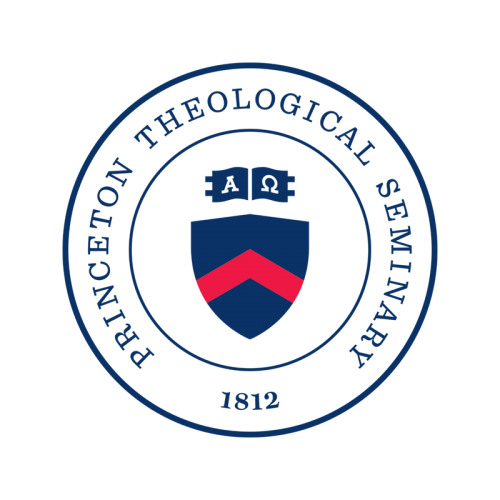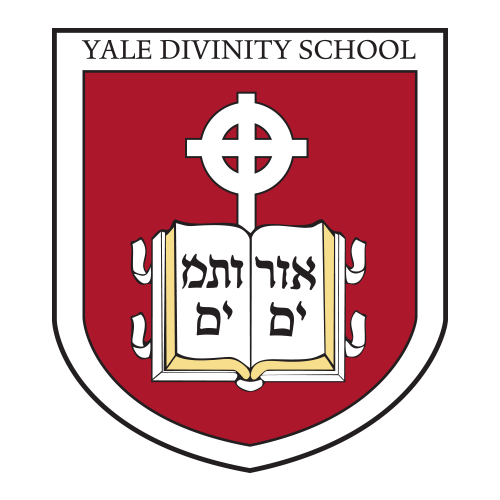
Best Theological Seminaries in the U.S.
A Comprehensive Guide to Christian Institutions
Choose your seminary based on location, degree, or denomination.

Location

Christian Denomination

Degrees and Programs
Best U.S. Divinity Schools and Theological Seminaries for You
Choosing the right seminary is key for those called to ministry or theological studies.
Top seminaries in the US
Here’s a look at some of the most renowned theological seminaries in the United States, known for their academic excellence, spiritual formation programs, and commitment to preparing future ministry leaders.

Princeton Theological Seminary
Location: Princeton, New Jersey
Denomination: Presbyterian (PCUSA)
Notable for: One of the oldest seminaries in the U.S., Princeton is renowned for its rigorous academic programs and its strong foundation in Reformed theology. It offers various degrees including the Master of Divinity (MDiv) and PhD programs.

Harvard Divinity School
Location: Cambridge, Massachusetts
Denomination: Non-denominational
Notable for: Known for its diverse and interfaith focus, Harvard Divinity offers a unique academic setting for theological studies, blending religious tradition with broader intellectual pursuits.

Yale Divinity School
Location: New Haven, Connecticut
Denomination: Non-denominational (affiliated with the United Church of Christ)
Notable for: Yale Divinity is celebrated for its academic excellence and commitment to training future leaders in ministry and social justice, offering a broad range of theological education.

Duke Divinity School
Location: Durham, North Carolina
Denomination: United Methodist
Notable for: Duke Divinity School integrates Wesleyan theological tradition with contemporary scholarship, emphasizing pastoral leadership, ethics, and engagement with social issues.

Dallas Theological Seminary (DTS)
Location: Dallas, Texas
Denomination: Non-denominational Evangelical
Notable for: Famous for its focus on biblical inerrancy and dispensationalism, DTS offers a comprehensive range of degrees, with the Master of Theology (ThM) being a flagship program.
Theological seminaries near your location
Finding a theological seminary close to home can provide convenience and allow for a deeper connection to local faith communities. Many seminaries offer strong academic programs and spiritual growth opportunities right in your area, making it easier to balance studies with personal commitments.
Top benefits of U.S. seminaries
Strengthen Your Calling: Enhance your skills for impactful ministry.
Flexible Learning: Choose from online, part-time, or on-campus options.
Pathways to Leadership: Receive training and mentorship for roles in church, teaching, and community service.

What is a Theological Seminary?
A theological seminary is a school focused on theology and training Christian leaders.
It offers degrees like the MDiv and ThD, covering topics such as biblical studies, ministry, and ethics, while also emphasizing spiritual growth and practical experience for roles like pastors and chaplains.

Why Attend a Theological Seminary?
Attending a theological seminary provides spiritual growth, personal development, and practical training for those called to religious leadership.
Students gain deep knowledge in theology, biblical studies, and ethics, along with mentorship and hands-on experience.
(FAQs) About Theological Seminary in US
Choosing the right seminary is a deeply personal decision. Here are a few factors to consider:
Denominational Affiliation: Does the seminary align with your theological beliefs and denominational background?
Academic Programs: Does the seminary offer the specific degree or area of study you’re interested in?
Community and Spiritual Life: Is there a strong sense of community and opportunities for spiritual growth?
Location: Would you prefer to attend a seminary nearby, or are you open to relocating? Are online options available?
Financial Considerations: What scholarships or financial aid options are available to you?
If you feel called to deepen your knowledge of the Bible, theology, or ministry, seminary could be a good fit for you. Many individuals enter seminary because they sense a calling to pastoral ministry, missions, teaching, or other roles of Christian leadership. Spend time in prayer, seek counsel from your church leaders, and consider how a seminary education aligns with your personal and spiritual goals.
Seminaries typically offer a wide range of degree programs designed for various ministry roles and academic pursuits. The most common degrees include:
Master of Divinity (MDiv): The most common degree for those pursuing pastoral ministry or chaplaincy.
Master of Arts in Theology (MA): Focuses on theological study and is often pursued by those interested in academic or teaching roles.
Master of Theology (ThM): An advanced degree for those looking to deepen their theological expertise, often following an MDiv.
Doctor of Ministry (DMin): A professional doctorate aimed at enhancing practical ministry skills.
Doctor of Philosophy (PhD): Focused on academic research and teaching at the university level.
Yes, many seminaries now offer online degree programs, making theological education more accessible to students who cannot relocate or need to balance their studies with other commitments. Schools like Fuller Theological Seminary and Dallas Theological Seminary provide robust online programs that allow students to engage in theological education from anywhere in the world.
The cost of seminary varies depending on the institution, program, and whether you attend full-time or part-time. On average, tuition can range from $10,000 to $30,000 per year. However, many seminaries offer scholarships, grants, and work-study programs to help students manage the cost. Be sure to explore financial aid options and talk to the admissions office about available resources.
While both seminaries and Bible colleges focus on Christian education, there are key differences between them. Bible colleges typically offer undergraduate degrees and focus on foundational biblical education and ministry training. Seminaries, on the other hand, offer graduate-level degrees and focus on advanced theological studies and professional ministry preparation.
The time it takes to complete a seminary degree depends on the program and whether you are studying full-time or part-time. A Master of Divinity (MDiv) typically takes three to four years to complete, while other programs like the Master of Arts in Theology (MA) or Doctor of Ministry (DMin) may take between two and three years. Part-time students may take longer to complete their degrees.
Graduates from seminaries often pursue a variety of career paths, including:
Pastoral Ministry: Many seminary graduates become pastors or associate pastors within churches.
Mission Work: Some graduates feel called to serve in cross-cultural or international missions.
Chaplaincy: Graduates may become chaplains in hospitals, prisons, or military settings.
Academic Roles: Those with advanced degrees may go on to teach theology or Bible studies at colleges, universities, or seminaries.
Non-Profit Leadership: Seminary graduates are often equipped to lead or work in faith-based organizations or Christian non-profits.
